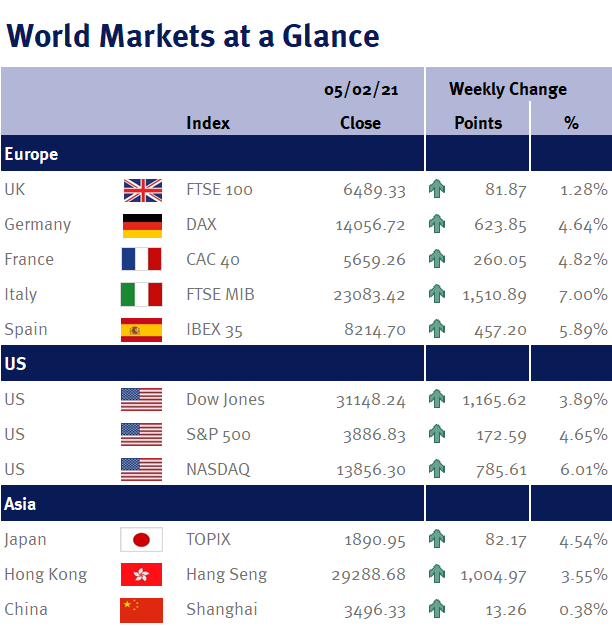Unfortunately, you can’t always get what you want – but thankfully we did get the next best thing from the Bank of England’s monetary policy meeting this week: negative UK interest rates are viable and if the economic outlook weakens then the BoE is ready to take action.
While we weren’t expecting any immediate policy changes, we had hoped that some of the nine policymakers would have voted for negative interest rates now – but unfortunately, it was a unanimous 9-0 vote to leave interest rates unchanged.
Interestingly, by stressing that negative interest rates are viable but not imminent, policymakers have been very clever, as they are effectively keeping their options open (i.e. they want the flexibility to move into negative territory if economic conditions deteriorate, but at the same time they aren’t spooking the markets into pricing tighter monetary policy by ruling out negative interest rates, but instead saying they have little appetite at present).
As for the economic outlook, the BoE reduced its 2021 GDP forecast from 7.25% to 5% as they now expect that the economy will shrink by 4.2% during Q1 of this year due to the current lockdown restrictions. However, as they still expect the economy to return to its pre-coronavirus size during the early part of 2022, this obviously means that they are expecting economic growth to recover much quicker once lockdowns are lifted than they previously forecast (which is no doubt helped by the rapid coronavirus vaccine roll-out in the UK).
Bizarrely, the market was taken aback by the BoE’s inflation forecast – as policymakers now expect inflation will accelerate sharply towards their 2% target.
This should not have come as a surprise, nor should it be a concern.
Inflation is always calculated and expressed as a percentage change compared to prices 12 months ago – and thanks to a mixture of OPEC supply cuts and a more optimistic economic outlook, the oil price has risen very strongly over the past three months, and is now roughly back to its pre-coronavirus level of around $60 a barrel. As a consequence, over the next 12 months the oil price is likely to be significantly higher than it was on a rolling 12 months basis (especially come March and April 2021, given the sharp collapse in oil prices we saw in March and April 2020).
However, we believe the BoE (and all the other major central banks for that matter), will ignore this inflation as it is simply the pass-through of a distorted oil price, rather than inflation caused by excess demand.
As we said last March and April in these market commentaries, it was just a shame that we couldn’t take full advantage of last year’s oil price collapse (and sub £1 a litre petrol pump prices) given the lockdown restrictions!


